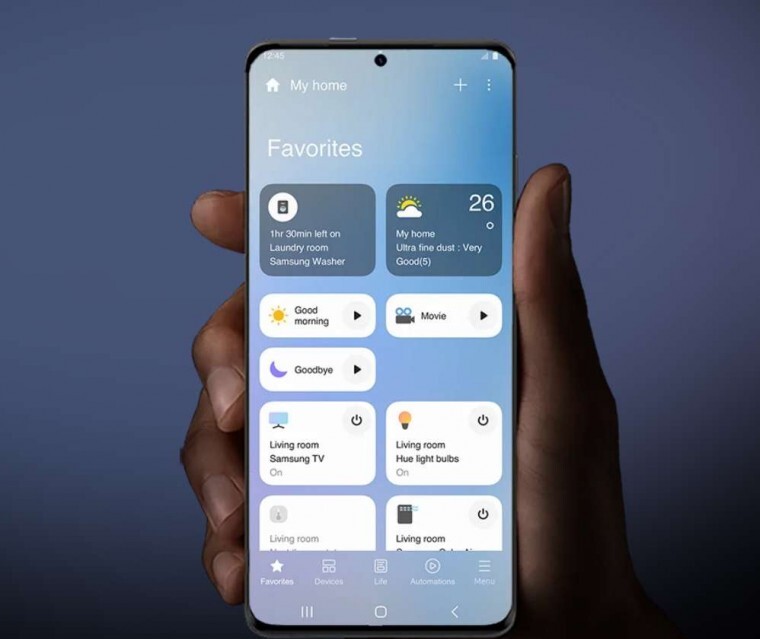The South Korean tech giant Samsung has partnered with Swedish–Swiss multinational corporation ABB, where the two leading giants will help in the expansion of Samsung SmartThings and its integration in more buildings, offices and homes.
ABB has expertise of over 130 years, and to date, they’ve manufactured and sold more than 5,50,000 products. The company’s ABB-free@home automation solution controls various building equipment, including access detection, communication and climate systems for residential and commercial complexes.
“With SmartThings, Samsung has been able to create an eco-system of smart appliances making homes smarter and more efficient. We are excited to build on that by partnering with ABB to expand the SmartThings experience to new customers making it easier for consumers to reduce costs and create positive environmental impact,” said Chanwoo Park, Head of IoT Business at Samsung Electronics.
The partnership aims to strengthen Samsung’s Home IoT solution in the residential and industrial construction market, combining smart domestic solutions with SmartThings for a greater advanced, cost-effective and energy-efficient solution for tracking and controlling houses and buildings.
Samsung SmartThings and ABB- free@home will develop a cloud to cloud integration which will be a smart, efficient and energy-saving solution to transform the house, office or building into an intelligent one, allowing consumers a wider control.
With Samsung’s SmartThings platform, customers can monitor and manage ABB’s portfolio of devices, like cameras, sensors and comfort structures included with SmartThings, permitting customers to access their smart home functions from anywhere with a single application.
SmartThings features a neat device control tab easily accessible from your Samsung phone’s drop-down menu. Samsung and ABB’s partnership gives a scalable, turnkey smart domestic solution with top-class Samsung appliances and ABB devices that could significantly reduce operational charges through efficiencies and predictive maintenance services.
